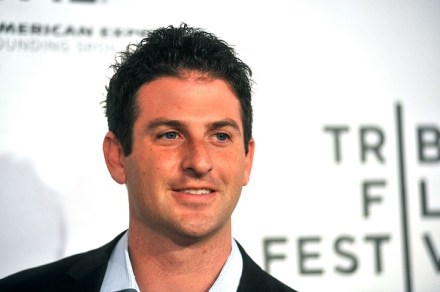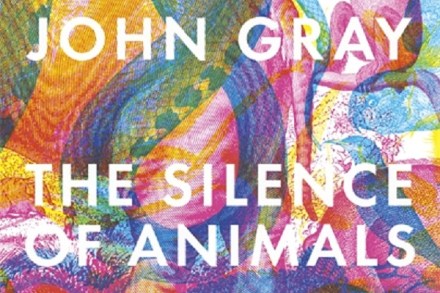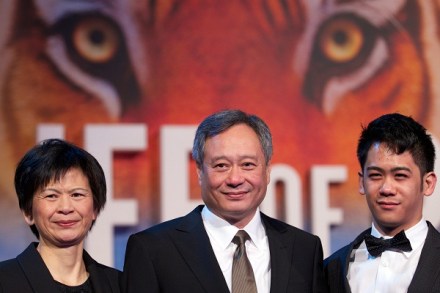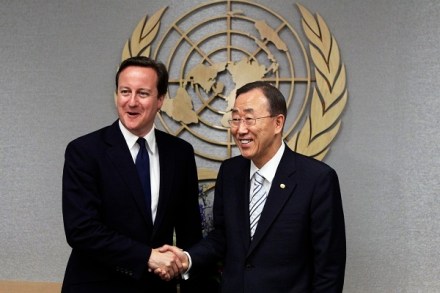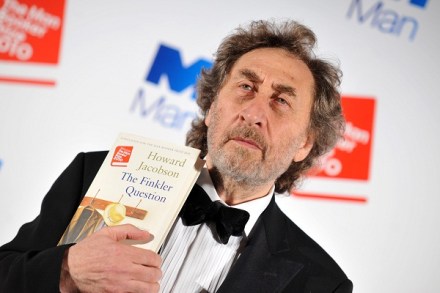Interview: Jared Cohen and The New Digital Age
Jared Cohen is Director of Google Ideas, a think tank set up by Google dedicated to understanding global challenges by applying technological solutions. Cohen is also an Adjunct Senior Fellow at the Council on Foreign Relations. He previously served as a member of the U.S. State Department’s Policy Planning Staff, working as a close advisor with two former Secretaries of States, Condoleezza Rice and Hillary Clinton, focusing on the Middle East, South Asia and counter terrorism. Cohen has co-written, together with Eric Schmidt, Google’s Executive Chairman, The New Digital Age; a book that examines a number of different challenges that will arise as cyberspace drastically changes in the coming decade.
